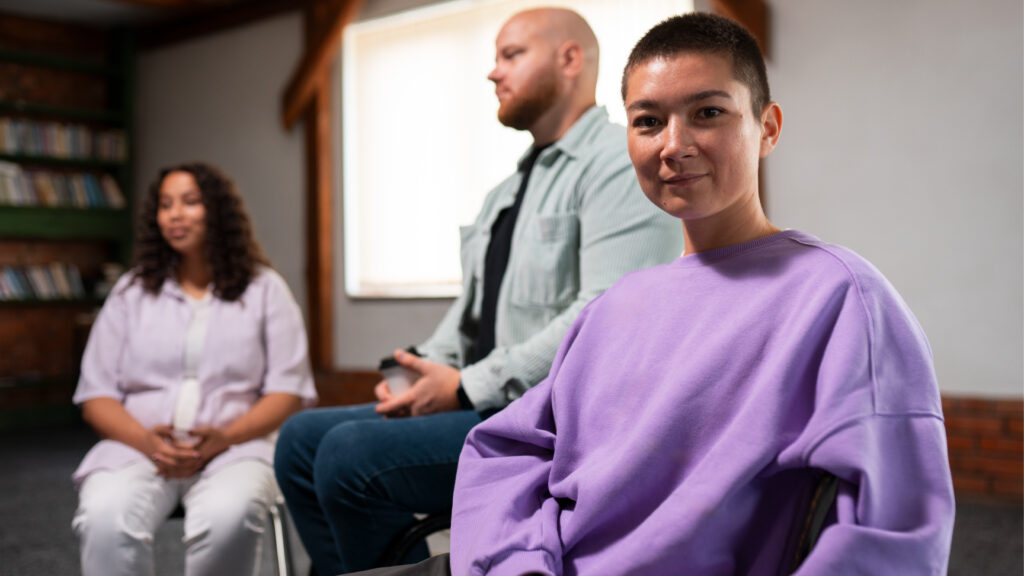Law 1616 of 2013, defines Mental health as a dynamic state that is expressed in daily life through behavior and interaction in a way that allows individual and collective subjects to deploy their emotional, cognitive and mental resources to move through daily life, to work, to establish meaningful relationships and to contribute to the community. In this sense, it is considered a fundamental right due to the priority it represents for its essential component of general wellbeing and improvement of the quality of life.
In Colombia, people with mental illness have rights that are supported by the Constitution and other legal regulations such as Law 1616 of 2013, which aims to: guarantee the full exercise of the Right to Mental Health to the Colombian population, prioritizing children and adolescents, through the promotion of health and prevention of mental disorder, Comprehensive and Integrated Care in Mental Health within the scope of the General System of Social Security in Health.
Some of these rights include:
- The right to receive comprehensive, integrated and humanized care by the human team and specialized mental health services.
- The right to receive clear, timely, truthful and complete information on the circumstances related to his/her health condition, diagnosis, treatment and prognosis, including the purpose, method, probable duration and expected benefits, as well as its risks and sequelae, of the facts or situations causing his/her deterioration and of the circumstances related to his/her social security.
- The right to receive specialized and interdisciplinary care and treatments with the best scientific evidence in accordance with scientific advances in mental health.
- The right to have interventions that are the least restrictive of individual liberties in accordance with the law in force.
- The right to have a psychotherapeutic process, with the necessary time and sessions to ensure dignified treatment to obtain results in terms of change, wellbeing and quality of life.
- The right to receive psychoeducation at the individual and family level about their mental disorder and forms of self-care.
- The right to receive incapacity for work, under the terms and conditions established by the treating health professional, guaranteeing the recovery of the person’s health.
It is important to safeguard these rights for several reasons:
- Respect for human dignity: Guaranteeing the rights of people with mental illness is essential to respect their dignity as human beings.
- Protection from abuse and exploitation: Protecting their rights helps prevent abuse and exploitation of people who are vulnerable due to their mental condition.
- Access to appropriate care and treatment: Protecting their rights promotes access to the medical care and treatment necessary for their well-being.
- Reducing stigma and discrimination: Safeguarding the rights of people with mental illness helps to combat the stigma and discrimination associated with mental health.
- Inclusion and social participation: Guaranteeing their rights allows these people to participate fully in society, contributing to a more inclusive and diverse society.
- Compliance with international human rights standards: Safeguarding the rights of people with mental illness is a commitment to international human rights standards and the promotion of a just and equitable society.
In conclusion
protecting and safeguarding the rights of people with mental illness in Colombia is essential to promote a more inclusive, just and respectful society with human diversity. Furthermore, it is a duty of the State to ensure that all persons, regardless of their mental health condition, enjoy their fundamental rights on an equal footing.
Cybergraphy
https://www.ohchr.org/es/stories/2018/05/mental-health-human-right
http://www.secretariasenado.gov.co/senado/basedoc/ley_1616_2013.html



